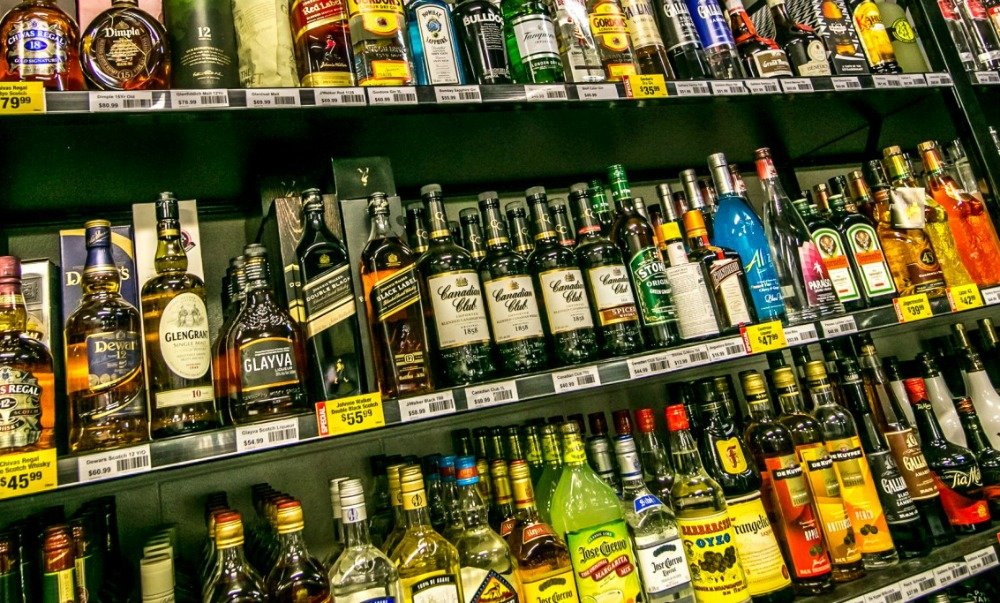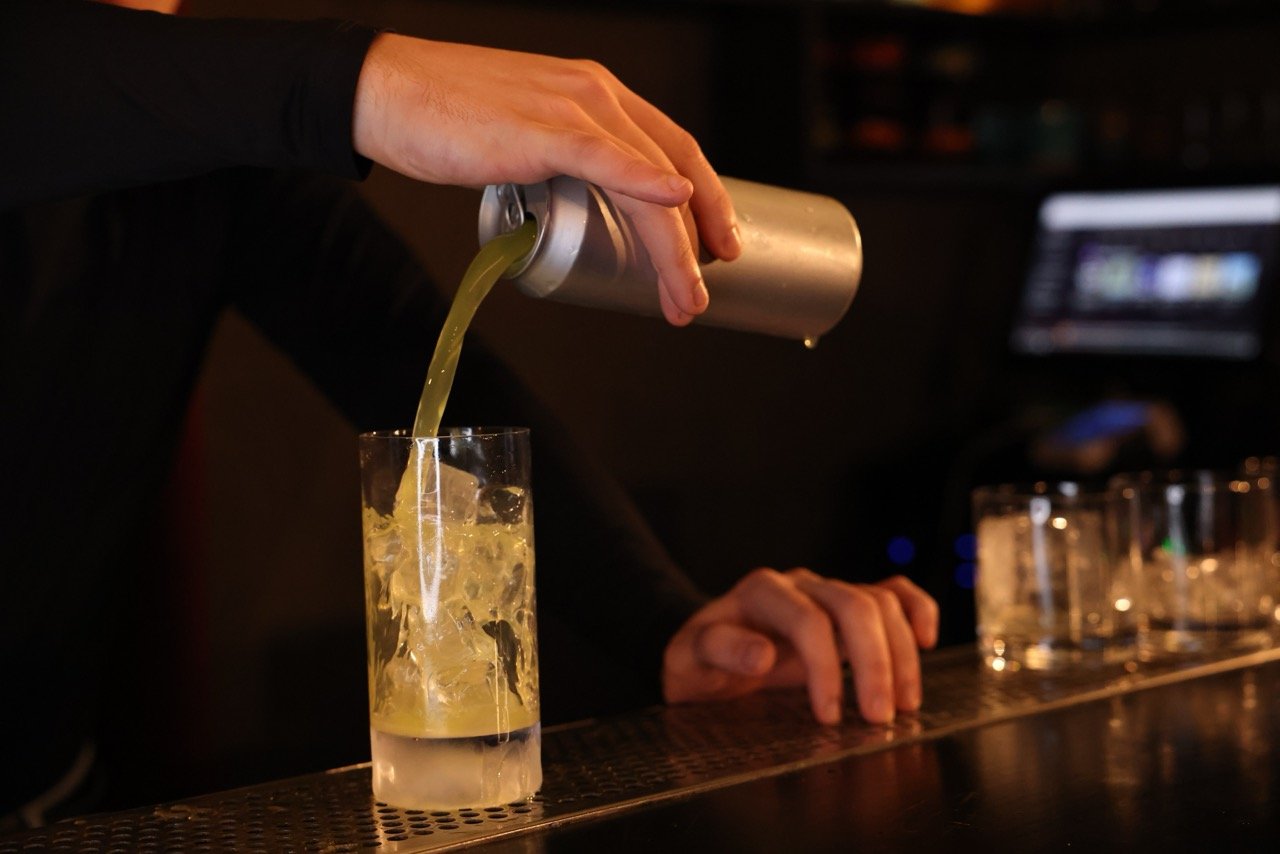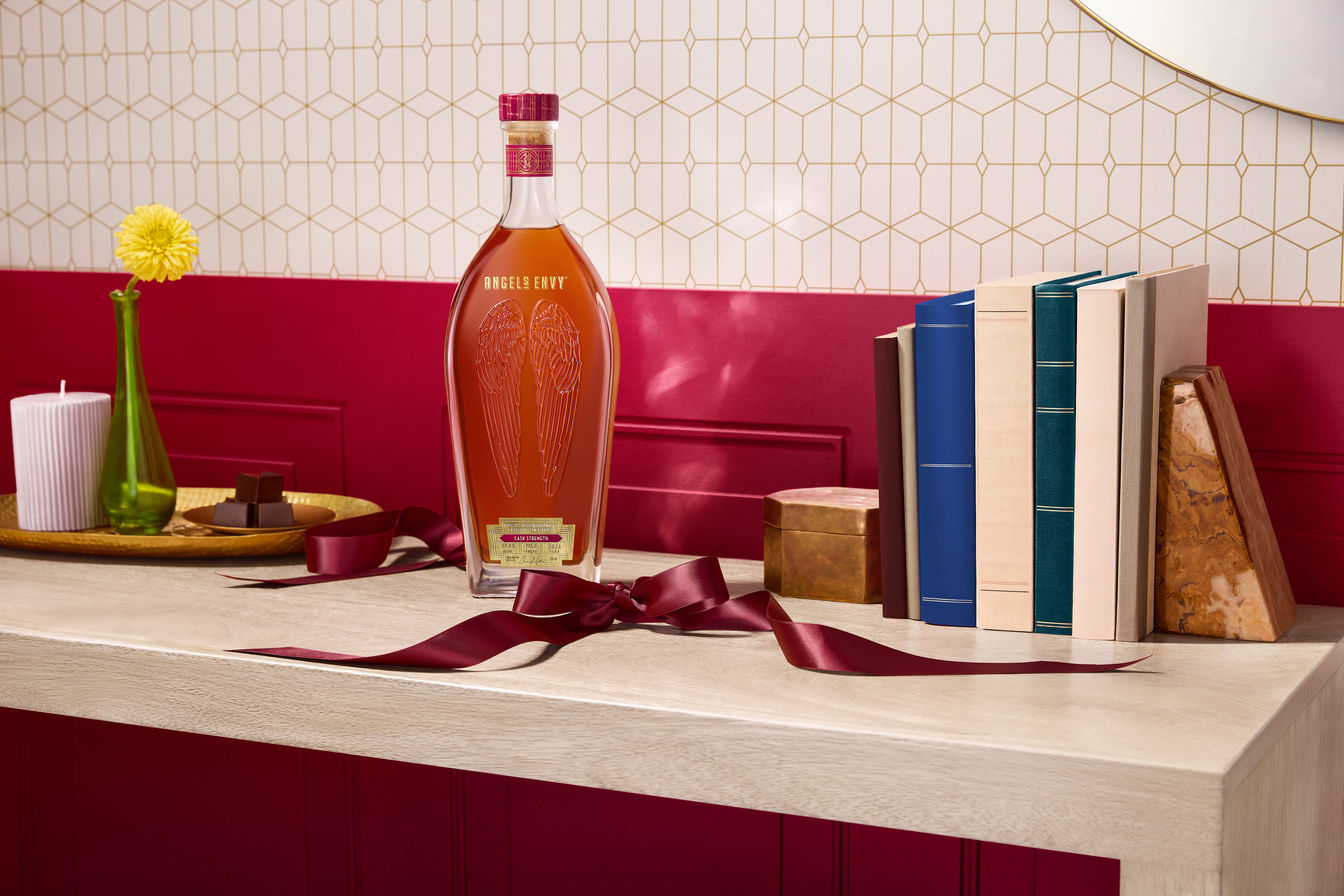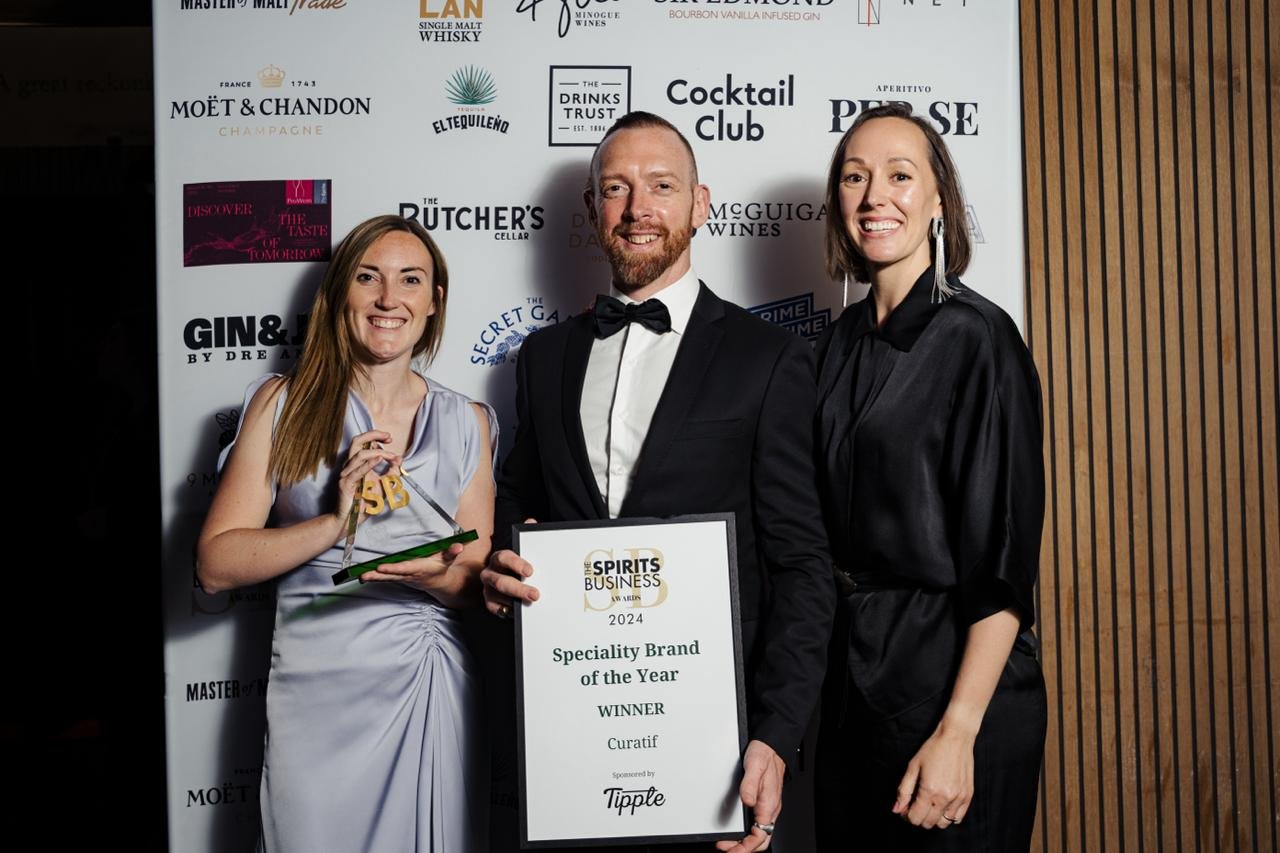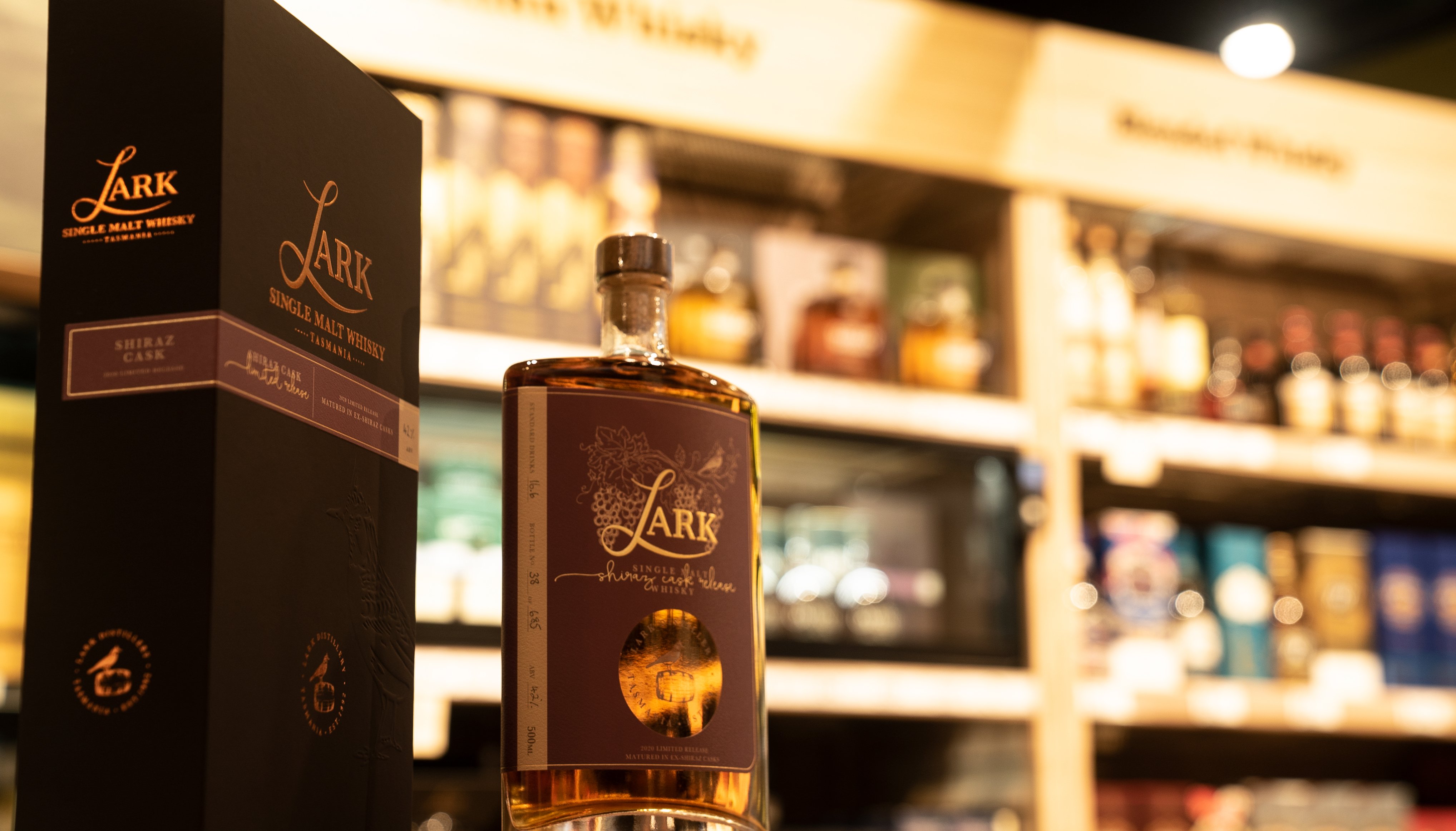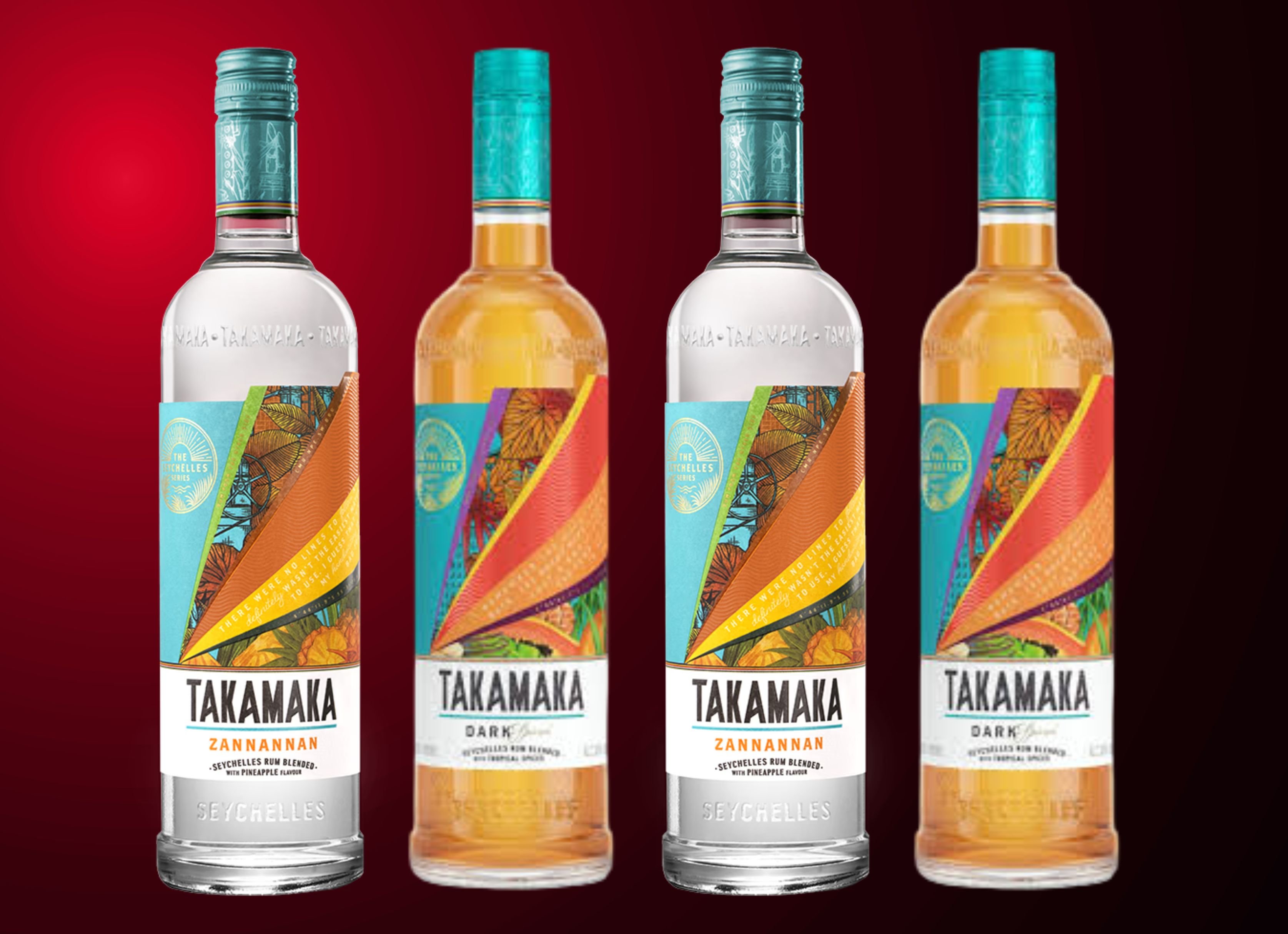Drinkers have switched to spirits following the introduction of minimum floor pricing in the Northern Territory.
Retail Drinks said that since the legislation was introduced, sales of full-strength beer have fallen and there has been a massive 75% drop in sales of cask wine, but a 5% rise in the sales of spirits.
The minimum floor price of $1.30 was instituted in 2018 and pushed the price of a two-litre cask of wine up from $14 to around $26.
“The total volume of alcohol sold in NT reduced for the period, consistent with the trends throughout Australia that people are consuming less, Retail Drinks CEO Julie Ryan told News Corp.
However, against a backdrop of the total amount of alcohol sold reducing, the total volume of “pure” alcohol, in other words the number of standard drinks consumed, increased as people turned to heavier alcohol like spirits, she said.
Ryan added to Drinks Trade: "It is still too early to properly evaluate the effect of the floor price in the NT, and this is particularly the case given that it was implemented at the same time as 187 other recommendations from the Riley Review.
"Separating out the effect of the floor price from all of these other policy changes may in fact be an impossible task.
"However, what is clear is that the floor price has not succeeded in one of its intended aims, which was to lower total consumption of alcohol in the Northern Territory.
"Comparing a full year of retail sales from a year prior to the introduction of the floor price, to the first full year of operations under the MUP, consumption has increased by more than two million standard drinks. That is a staggering statistic."
New push to introduce national minimum floor price
However, a new study funded by the National Health and Medical Research Council and published in the journal Addiction has concluded an alcohol floor price of $1.30 per standard drink is the best way to moderate alcohol consumption in Australia.
Contrary to what data from Retail Drinks shows, the study says the measure could reduce drinking in Australia by 1.5 standard drinks per week on average and 12 drinks per week for harmful drinkers.
Alternatively, researcher Dr Jason Jiang suggested the Federal Government could impose a uniform excise rate on all alcohol, which would see taxes on wine rise.
Tony Battaglene, CEO of Australian Grape & Wine, said his industry had never supported a minimum unit price for alcohol “because we don’t think it would have any effect on problem drinkers”.
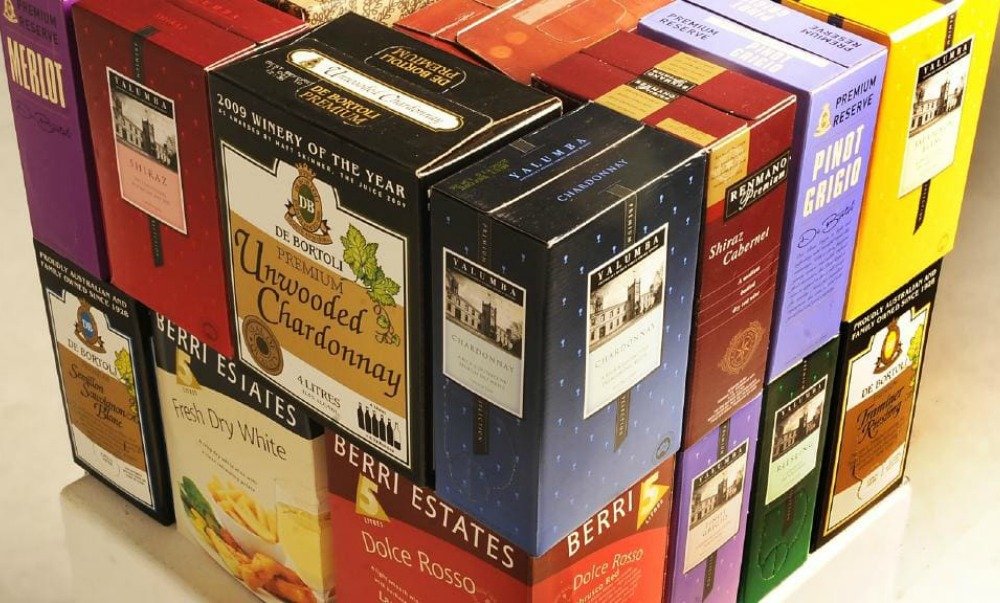
When the legislation was introduced Battaglene warned that the grey nomad trade in wine casks “will go completely” as a result of the price rises.
Two litre casks are popular with travelling seniors, a mainstay of the tourism industry in the Red Centre.
Alcohol Beverages Australia CEO Andrew Wilsmore said a floor price was “a blunt instrument that forces the majority of responsible drinkers to pay more and takes a proportionally greater amount from those on lower incomes”.
He added that “the buying habits of heavy drinkers and those with substance abuse problems do not respond to price increases”.
Alternatively the Federal Government could look at imposing a uniform excise rate on all alcohol a move that would see taxes on wine rise, he said.
Share the content
